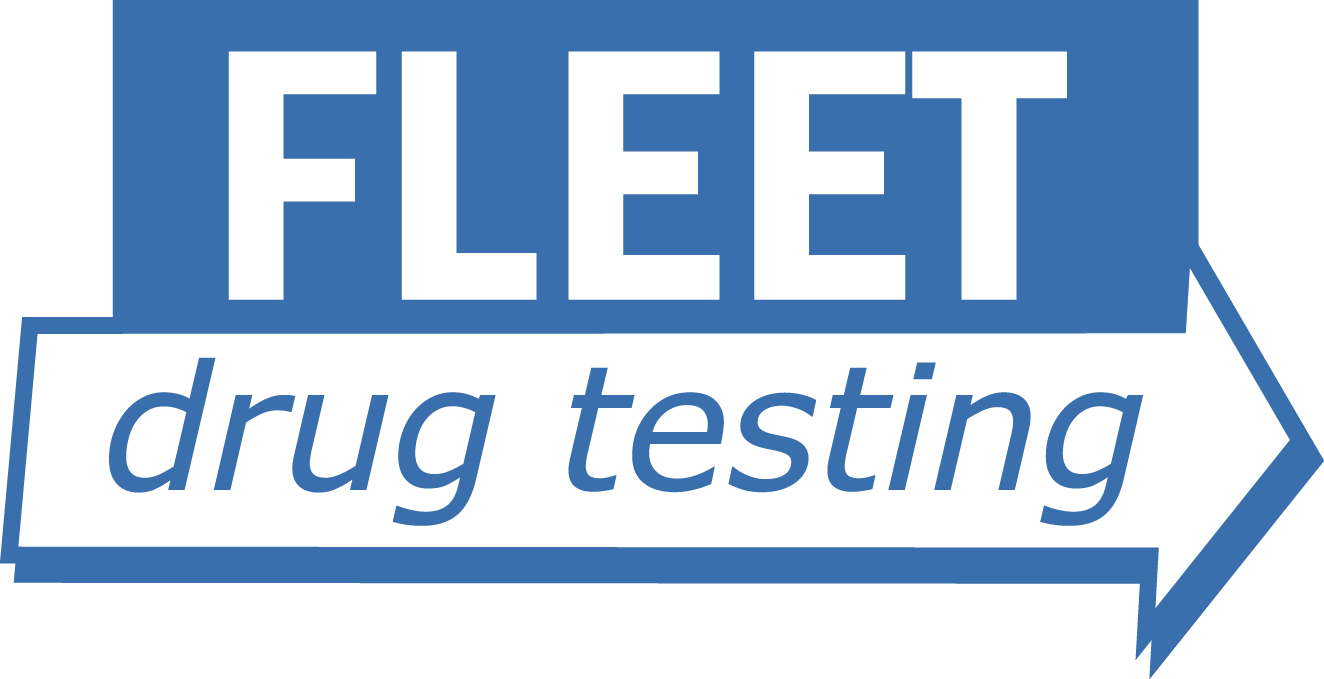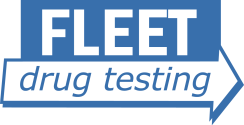Fleet Drug Testing can keep you compliant with DOT drug testing regulations in Maine. Whether your route takes you through Bangor on Interstate 95 or Route 202 through Lewiston, we can make sure you have a convenient testing location to go to. To get started, contact us today or go to our programs page to see what works for you.
Understanding the DOT Drug Testing Process
Facing the DOT drug testing program might seem challenging, but it’s absolutely necessary for the safety of everyone in the transportation industry and those sharing the road with them.. As an employee, understanding the drug testing procedure and preparing for it is crucial. Here are some tips:
- Medication awareness – Avoid drugs or medications that could result in a false positive. Inform the medical review officer (MRO) about any prescribed medications.
- Hydration balance – Your hydration is crucial, but avoid overhydration to prevent a “positive dilute” result. If providing a sample is challenging, tell the collector.
- Follow instructions – Obviously, you’ll want to follow all instructions provided by the collector, and bring a valid government-issued photo ID, such as a driver’s license or passport.
- Timeliness matters – Arrive on time at the testing site, prepared to complete paperwork and provide a urine sample.
Accuracy of DOT Drug Tests
While you can control your part in the drug testing process, understanding the accuracy of these tests is important. The DOT, backed by the federal government, establishes high accuracy through the following measures:
- Standardized procedures – DOT drug tests follow standardized procedures outlined by federal regulations, covering specimen collection, transportation, testing methods, and result reporting.
- Certified laboratories – Tests are processed in laboratories certified by the Substance Abuse and Mental Health Services Administration (SAMHSA), ensuring specific quality and accuracy standards.
- Testing for specific drugs – DOT drug tests focus on specific substances, marijuana, cocaine, opiates, amphetamines, and PCP. Thus, these tests have more accuracy in identifying substances relevant to safety-sensitive positions.
- Quality control – Certified laboratories put quality control measures in place, including equipment calibration, proficiency testing, and adherence to stringent protocols.
All of these factor into the overall effectiveness of the DOT’s drug testing program. And while you have a certain level of control over how you approach these tests, the regulations themselves are very clear as to when and where you have to be tested.
When and How You’re Drug Tested by the DOT
Undergoing a drug test can be a source of stress, especially for individuals in certain positions, but the process is regulated by the DOT to ensure consistency nationwide. Here’s a general look at when and how you’re going to be tested:
- Being notified – Employees receive details about the drug testing procedure, including timing and location.
- Getting tested – A trained collector at the testing facility gathers a urine or saliva sample, carefully labeling and sealing it to prevent tampering.
- Split samples – The collected sample is divided into primary and split specimens. The primary specimen undergoes immunoassay testing at a certified laboratory. The split specimen is retained at the collection site for potential discrepancies.
- Laboratory analysis -The primary specimen undergoes immunoassay testing. If positive, a more accurate test, gas chromatography/mass spectrometry (GC/MS), is conducted for confirmation.
- Medical review – A Medical Review Officer (MRO) reviews the results, contacting the individual in case of a positive result. They ask about any relevant prescription medications, and if a valid medical explanation exists, the result is reported as negative.
- Reporting – The MRO informs the individual of the test results. In the case of a positive result, the individual must be removed from safety-sensitive duties immediately, and the employer may need to report the outcome to the DOT.
- Follow-up process – If positive, the individual undergoes a substance abuse evaluation and follow-up testing. Resuming safety-sensitive duties requires a negative result on a return-to-duty test.
When Do You Get Tested?
The drug testing procedure occurs at the same intervals and under the same conditions:
- Pre-employment screening, conducted before you’re hired.
- Post-accident testing, which may be required after accidents involving damage or injuries.
- Random testing, which occurs as unannounced testing.
- Reasonable suspicion testing can be requested if supervisors or other substance abuse professionals believe there is a valid reason to test you.
- Return-to-duty testing , which is implemented when you’ve been off work or previously tested positive.
The program also requires alcohol testing under certain conditions. Regardless of the circumstances, being prepared for these tests is crucial for both you and your employer.
How Can Convenient Locations Help You?
With all of the above in mind, it’s easy to see why having convenient testing sites and a solid drug testing program can help your business. Still, balancing the demands of your daily routines with the necessity of undergoing drug testing can pose challenges. The stress of taking the test and the crucial need to pass it can begin to weigh on you.
Our programs not only address DOT regulations comprehensively but also boast an extensive network of testing locations across Maine. This strategic network offers several advantages for your fleet and company:
- Convenience – Access to conveniently located testing sites ensures swift testing for your drivers, minimizing delays. This is especially crucial for random testing scenarios, where efficiency is key.
- Time efficiency – Recognizing the tight schedules of your truck drivers, nearby testing locations reduce downtime, enabling them to return to work promptly.
- Career protection – Failing a drug test can have severe consequences for a driver’s career. Convenient testing locations play a pivotal role in safeguarding their livelihoods.
In summary, easy access to testing spots makes compliance with DOT regulations a bit easier, with an importance placed on efficiency and accuracy.
Sustain Your Business in Maine With Fleet Drug Testing
For DOT drug testing requirements in Maine, choose Fleet Drug Testing. Our team understands DOT drug testing, and can guide you to certified testing locations in close proximity to where you are or where you’ll be. To begin working with us, contact us here.

